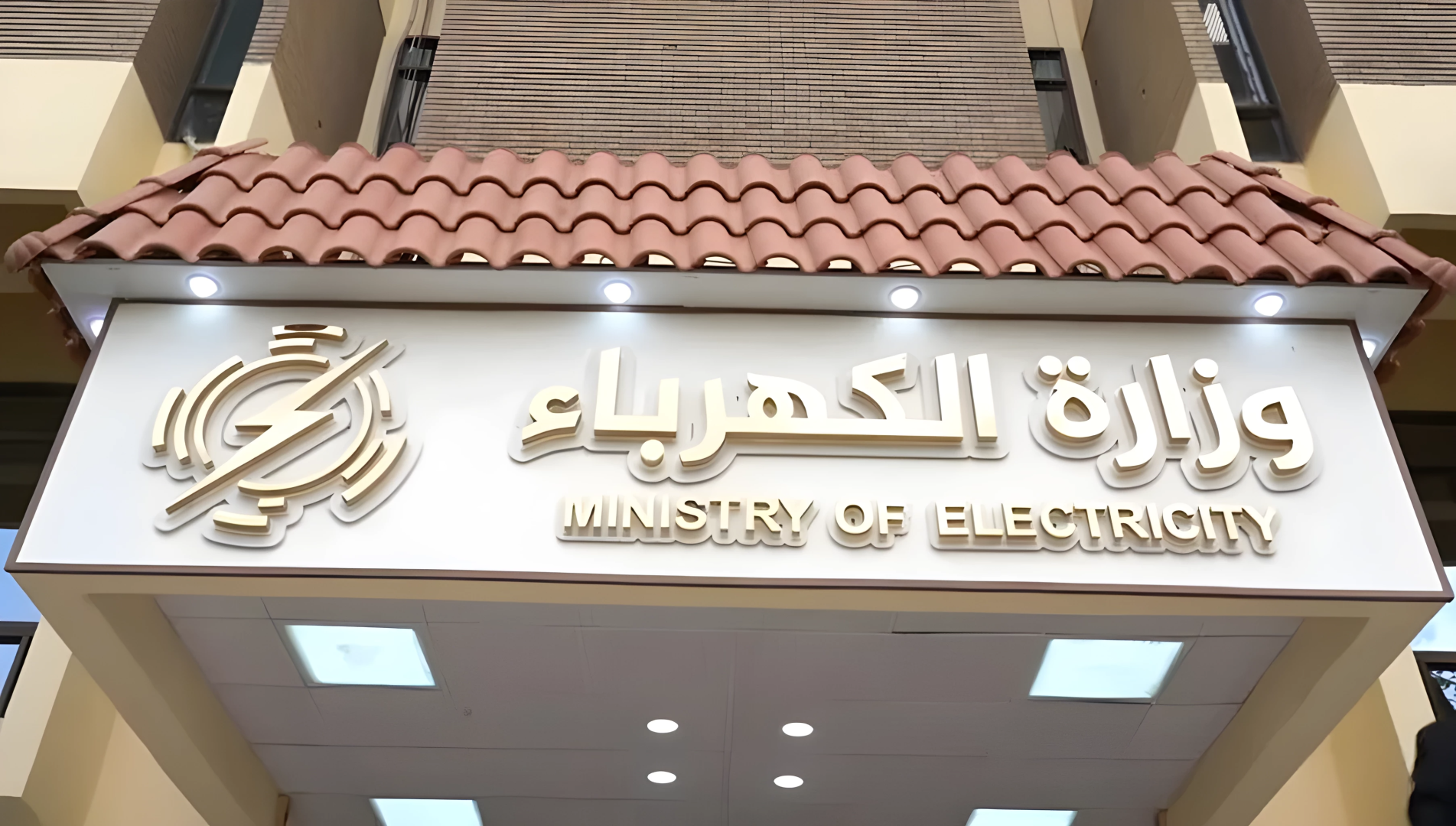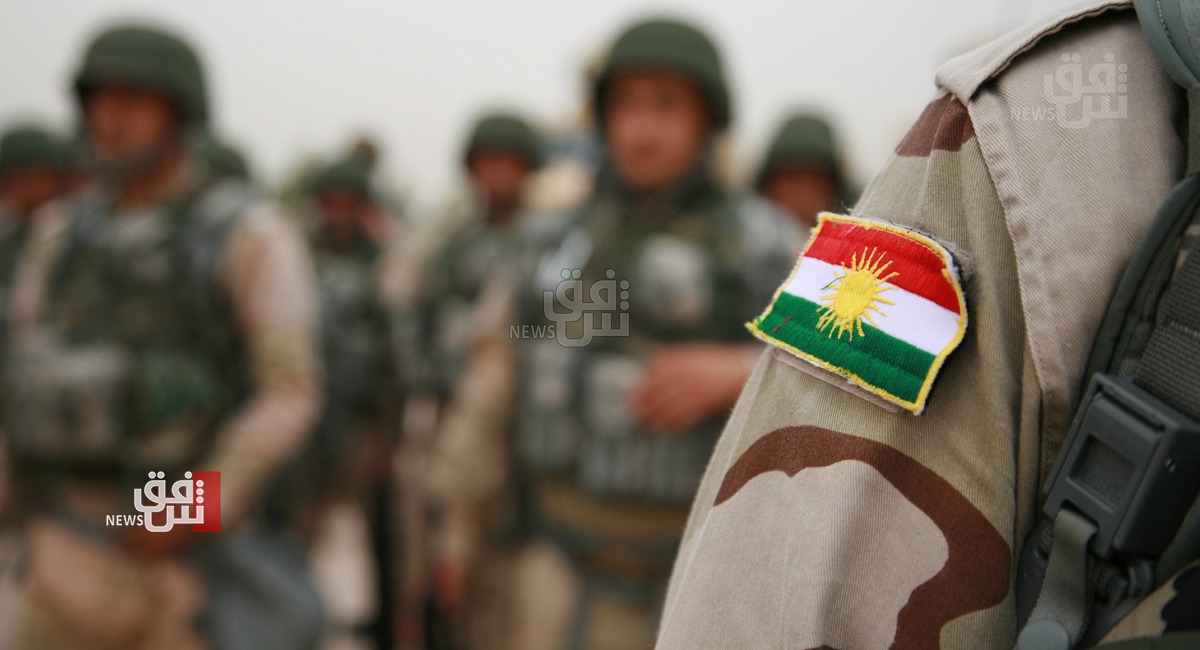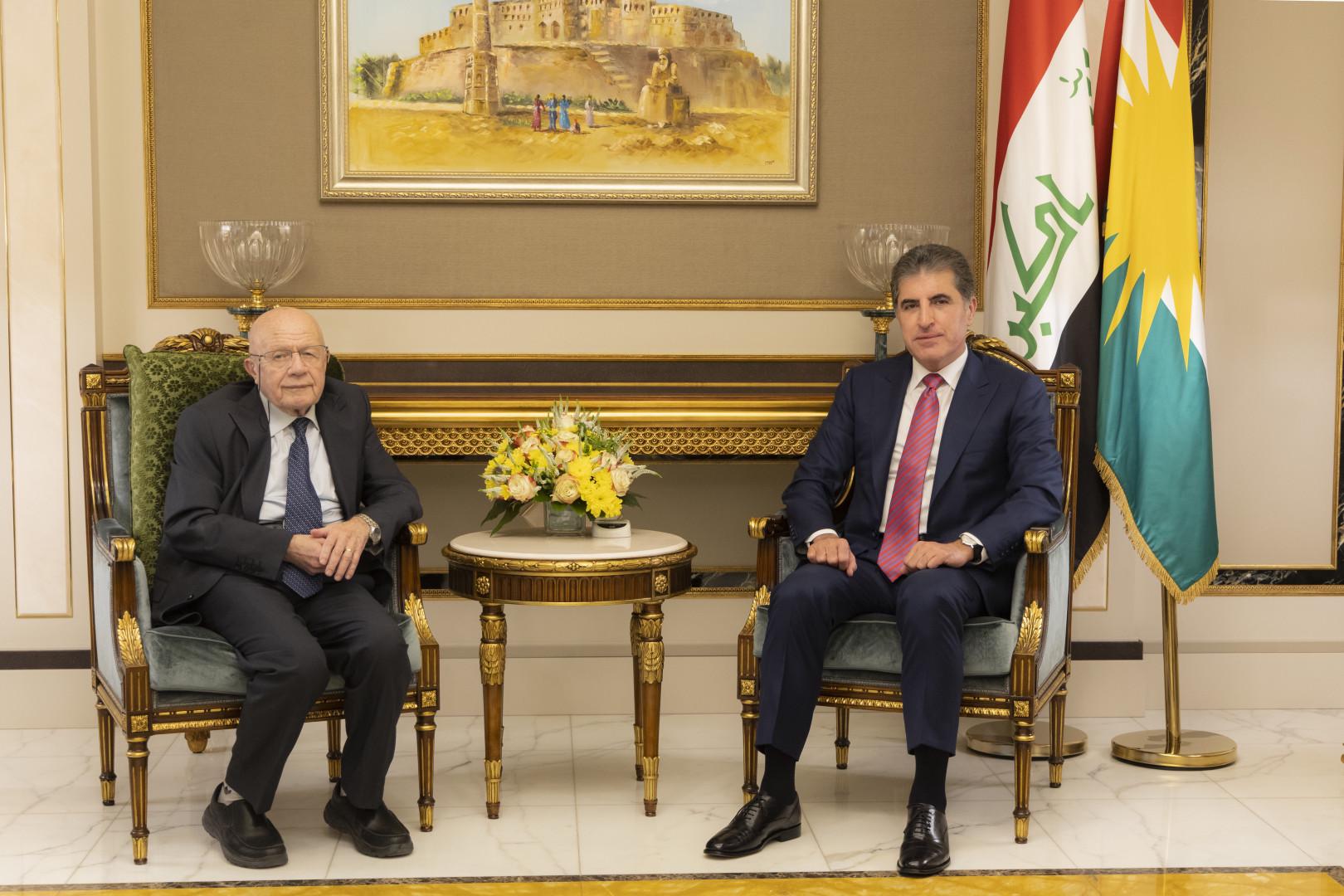Exclusive: Corruption and mismanagement drain billions from Iraq's electricity sector

Shafaq News/ In a troubling exposé, a series ofrevelations have surfaced regarding systemic corruption and inefficienciesplaguing Iraq’s electricity billing system, revealing a complex web of deceitthat undermines the nation’s financial stability.
Major Corruption Scandal
An Iraqi government source has disclosed toShafaq News a substantial corruption case implicating the collection of energyfees across prominent commercial establishments in Baghdad. Billions of Iraqidinars are reportedly being siphoned each month due to “administrativeloopholes” affecting payments from hotels, malls, and other entertainmentcomplexes, according to the source.
The Ministry of Electricity, responsible forexposing the scheme last month, has been actively investigating the extent ofthese irregularities.
A representative, speaking to Shafaq News Agencyand presenting documentation of the case, noted that this incident is “only oneexample of several similar files” within the sector. However, concerns overconfidentiality have prevented the source from making these documents publiclyavailable.
Political Protection and Scapegoats
Insights from the source have exposed the depthof corruption within Iraq’s energy billing system, implicating influentialfigures allegedly protected by political networks. According to the source,“The scheme is structured so that low-level employees serve as public faces of theoperation, while those orchestrating the corruption remain hidden and shielded.In the rare instances when cases do emerge, these minor employees typicallyface only light administrative penalties, effectively serving as scapegoatswhile the main actors evade accountability.”
The latest case, brought to public attention by aparliamentary member, has caused significant unrest within the Ministry ofElectricity. In an attempt to manage the scandal, the ministry quickly enactedpersonnel changes, including reassignments and dismissals. However, the sourceargued that this corruption case, which points to potential embezzlement orgross mismanagement of public funds, “needs thorough investigation by Iraq’sCommission of Integrity to ensure transparency and accountability.”
Iraq’s Electricity Billing System
Providing context to Iraq’s electricity feesystem, the source highlighted the structure introduced under former PrimeMinister Haider al-Abadi. The framework categorizes billing into fivesegments—residential, commercial, industrial, agricultural, and governmental—eachwith distinct rates. Residential fees are further divided into four consumptiontiers, with charges starting at 10 dinars per unit for minimal use and climbingto 120 dinars per unit for higher consumption levels.
Contrary to popular belief, the source clarifiedthat electricity fees in Iraq are not low. “In fact, they are among the highestin the region, placing a considerable financial burden on households. A familyusing three to four cooling units during the sweltering summer months can seemonthly bills exceeding 200,000 dinars ($152.6).” With consumption surgingduring extreme weather or heating seasons, many residents are shocked byunexpectedly high bills, especially in neighborhoods lacking private generatoralternatives. This pricing structure, the source explained, has intensified thestrain on Iraqi households already grappling with economic challenges.
Fraudulent Billing Tactics
The Baghdad Electricity Distribution Company’sAl-Rusafa branch has become the focal point of the latest corruption scandal,with several high-end hotels in the capital reportedly avoiding electricitypayments for years. According to an inside source, these hotels, listed as“commercial consumers,” had managed to evade their dues through fraudulent billingpractices.
One striking instance involves a prominent hotelin Baghdad’s Al-Karrada district. Although the hotel appeared to have paid itsdues, investigators discovered that its payments had been fraudulently loggedunder the account of a nearby hotel. This deceitful arrangement only came tolight when the paying hotel’s management was surprised by a new debt notice,exposing that its previous payments had been redirected.
Highlighting the intricate ownership of Baghdad’shotels, the source noted that most operate under a mixed ownershipmodel—private investors hold the majority stake, while the government retains aminor share. “With this structure, these hotels often accumulate significantelectricity expenses, sometimes reaching billions of dinars, which makes thediscovery of such widespread billing fraud even more consequential for bothprivate investors and public accountability.”
Anomalies In Billing
Compounding the issues related to hotel billing,recent official documents have revealed discrepancies concerning a majorshopping mall in Baghdad. The mall’s electricity account was flagged as a“disabled” or “999” account—a designation used by the Ministry of Electricityto indicate technical errors in data processing. This classification effectivelysuspended all billing for electricity, leaving the account untouched for anextended period.
According to the source, such technical errorsare typically straightforward to correct but can languish unresolved for monthsor even years. During this prolonged period, the disabled account racks up nocharges, significantly benefiting the establishment. When these accounts areeventually audited, the Baghdad distribution company often engages in a“settlement” process, where a committee estimates the outstanding charges.“This situation frequently allows businesses to negotiate down significantarrears, which can total billions, to far lower settlements that barely reflectthe original debt.”
Striving for Stability
The persistent problems within Iraq’s electricitybilling system highlight a wider struggle to bolster non-oil revenue, acritical focus for the government amid ongoing economic challenges. Iraq hashistorically faced economic volatility due to fluctuations in global oilprices, which jeopardize the state’s capacity to meet salary obligations andsupport essential public welfare programs.
As the government seeks to diversify its revenuestreams, improving the efficiency and integrity of the electricity billingsystem becomes increasingly imperative. By addressing these systemic issues,Iraq aims not only to stabilize its finances but also to reduce its dependenceon oil revenues, fostering a more resilient and sustainable economic future.
“Negative Debt” Scheme Exposed
The corruption scandal within Iraq’s electricitysector has unveiled a scheme known as “negative debt.” This practice not onlyexempts certain consumers from fulfilling their payment obligations but,alarmingly, can even lead to the state making payments on their behalf. Thesource disclosed that a staggering 414 instances of negative debt have alreadybeen identified.
According to the source, negative debt typicallyoriginates from data entry errors. For example, if a customer’s electricitybill amounts to 50,000 dinars ($38.15) and they make the payment, a clerk mightmistakenly record this as 150,000 dinars. This discrepancy, when processed intothe company’s main database, appears as an overpayment of 100,000 dinars.Consequently, the company allows the customer to offset this “debt” by waivingfuture payments until the excess is balanced, even though no actual overpaymentoccurred, and the clerk never received extra funds.
The source emphasized that the primarybeneficiaries of these discrepancies are not small residential users or localshop owners. Instead, the majority of negative debt cases involve largecommercial, industrial, and agricultural accounts, often accruing energycharges in the millions. For instance, if a major consumer’s true bill is 10million dinars ($7,631), they may only pay 1 million dinars, alongside anadditional million as a bribe. By inflating the bill amount—whetherintentionally or by mistake—these consumers can claim to have paid 100 milliondinars, subsequently leaving the state indebted to them for 90 million dinarsin “overpayment.”
Non-Functional Privatized Company
The source has disclosed that the state now owesa privatized electricity company millions, despite the firm having provided noservices over the past four years. This company, established as part of aprivatization initiative, allegedly “secured its contract through bribery,without actually spending any funds on services,” according to the source.
“The corruption traces back to an unofficialagreement made by the head of a sales department, who transferred theresponsibility for electricity collection in a residential area to thisprivatized company without any approval from the Al-Rusafa Distribution Companyor any legal authorization. This arrangement effectively placed the privatizedfirm in charge of billing customers long before the agreement was formallysigned.”
It was not until four years later that theAl-Rusafa branch finally formalized the contract. By that time, the company wasdemanding back payments for energy usage, despite having neither collected normanaged these fees as outlined in their agreement. Consequently, the governmentnow faces a significant financial burden, owing the company millions in“profits” based on a contract that was never fulfilled.
Heavy Costs
A 2019 report from the Iraqi Federal Board ofSupreme Audit has exposed the substantial financial losses incurred from theprivatization of electricity billing in the Al-Rusafa district. Three companiescontracted for bill collection collectively owe the Ministry of Electricity astaggering 49 billion dinars ( $37.4 million), with several failing to meettheir contractual obligations.
The audit detailed the operations of “Al-NoorAl-Thaqib,” which managed billing services in Zayouna, Palestine Street, andAl-Ghadeer, while Fadhaa Al-Rafidain was responsible for 42 neighborhoods.Notably, Fadhaa Al-Rafidain struggled to meet its monthly revenue target of 8billion dinars ($6.1 million), generating only 305.5 million dinars in the lasttwo months of 2017. Other firms, such as Ahl Al-Wisal and Middle East Nakheel,also faced significant challenges, accumulating vast unpaid debts.
The findings indicate a troubling trend forIraq’s privatization experiment, with collection rates varyingdramatically—some areas reported compliance as low as 0%, while others achievedonly moderate success at 54%. In response, the Ministry of Electricity hascalled upon these companies to enhance their collection efforts to bolster thecountry’s financial resources and reduce its reliance on oil income.
Outstanding debts are alarming, with Ahl Al-Wisalowing 6.7 billion dinars ($5.1 million), Middle East Nakheel accumulating 36.5billion dinars ($27.9 million), and Al-Noor Al-Thaqib liable for an additional5.8 billion dinars ($4.4 million). As uncollected debts continue to mount,Iraq’s privatization initiative has not only failed to deliver the anticipatedrevenues but has also imposed a considerable financial burden on the governmentas it struggles to recover losses.



